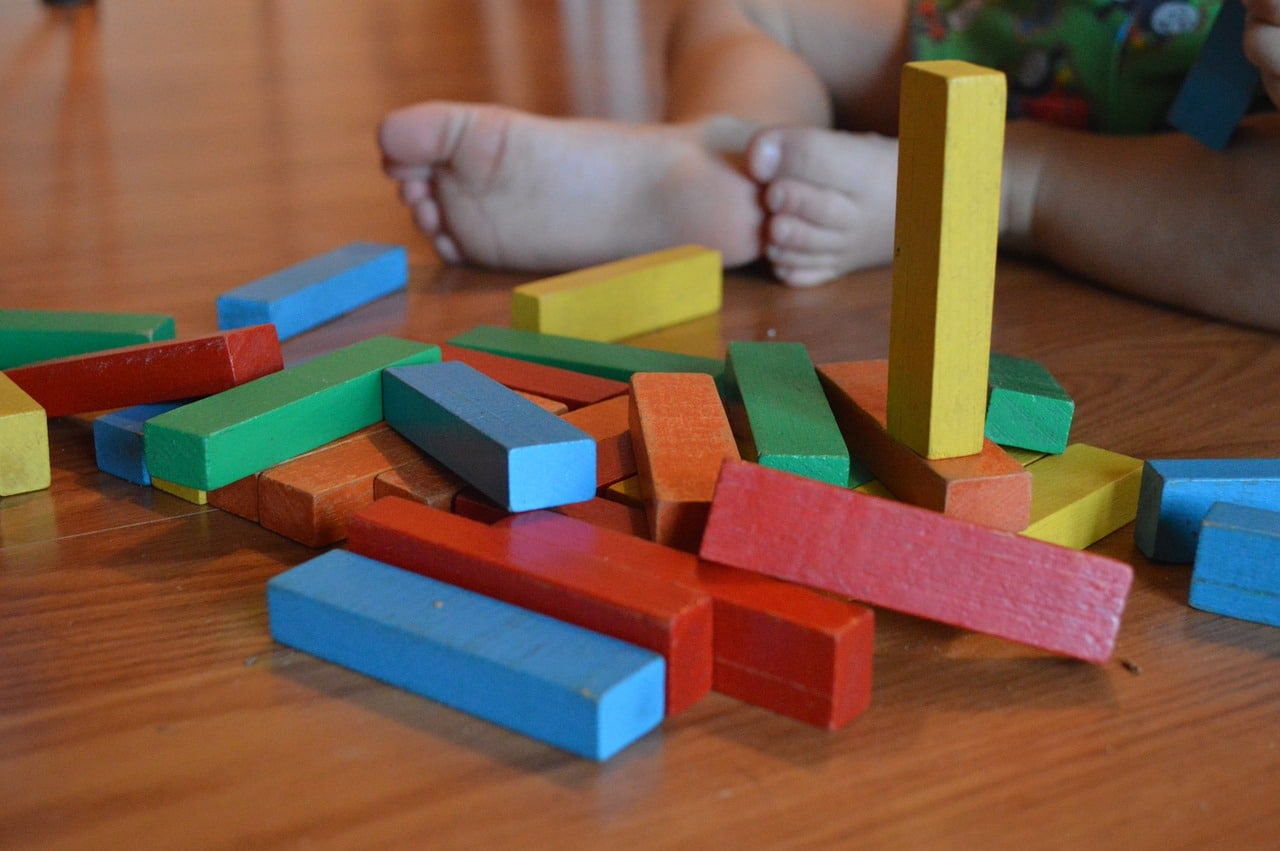The brainchild of Italian educator and physician Maria Montessori, Montessori education has been gaining tremendous traction in India over the last few decades. Known for its alternative approach to learning in an open and responsive environment, this philosophy promises to make a child a self-driven, natural learner with strong cognitive and social skills.
While many parents embrace this structure, some are grappling with the effectiveness of such a curriculum for their children.
If you are one such parent, understanding the below principles of Montessori education will help you discover how you can make your child the champion of their learning journey.
Principles of Montessori education
-
Montessori Instils the Importance of Respect
Well begun is half done. There couldn’t be a better example of this tenet than the very first principle of Montessori. Every child is unique, and in acknowledging that, Montessori extends respect to that child’s ability to discover, learn and absorb. As each child is special, there cannot exist a uniform yardstick to measure a child. Every child has his/her own journey of knowledge, and Indian schools adopting the Montessori program only aids that process.
-
Montessori Recognizes Bursts of Learning & Emotion
Montessori acknowledges that children don’t wake up feeling the same every day. In their growing years, children face bursts of curiosity over time. These periods of curiosity are the best time to introduce concepts and teach new skills. Through repetition during such a period of growth, children master these skills and make the best of their learning journey.
This way, Montessori makes sure not to burden the child with expectations before time. This approach is a win-win situation for both the child and the facilitator. Unlike traditional teaching methods where readiness or curiosity is hardly gauged, Indian schools following the Montessori system are a breath of fresh air.
-
Makes Learning About the Process & Not the Result
Arguably the most remarkable quality of Montessori education is the absence of tests, ranks, or grades. Conventional educators may argue the ineffectiveness of such a structure where a child’s learning isn’t measured or quantified. But, the theory of Montessori education focuses more on the process of learning than the result.
Every child is encouraged to explore and learn through activities that appeal to them. There is no pressure to learn a particular curriculum in a stipulated amount of time. This freedom of pace eliminates the rat race of grading and competition. What it also achieves is making the child fall in love with the process of learning itself without chasing an outcome or a grade.
-
Montessori Education Is Not a-Way Street
Think of a conventional classroom and what comes to mind is a teacher’s monologue while the children are seated in rapt attention. Montessori classrooms break this stereotype to create an environment that’s free, inclusive, and exploratory in nature. Children are free to move around the class and explore shelves that have different learning tools.
Rather than teach them about subjects and deliver lectures, teachers are facilitators for their curiosity and exploration. The teachers decide the day’s topic, but the rest is left for the early learner to discover. This way, every child is a self-motivated champion of their own learning.
-
Montessori Encourages the Innate Social Nature of Humans
Humans are social beings. The need to interact and exchange ideas come naturally to us. The Montessori set-up leverages this behavior to allow children to interact with one another. Peer learning is a powerful learning style that Montessori blends into its structure.
Some international Montessori schools do not hesitate in mixing children of different ages in one batch, as they believe that children enjoy learning from each other, and elder children often help younger ones discover concepts better.
If you’re looking to find the perfect footing for your early learner, Montessori education is undoubtedly one of the best options available.




